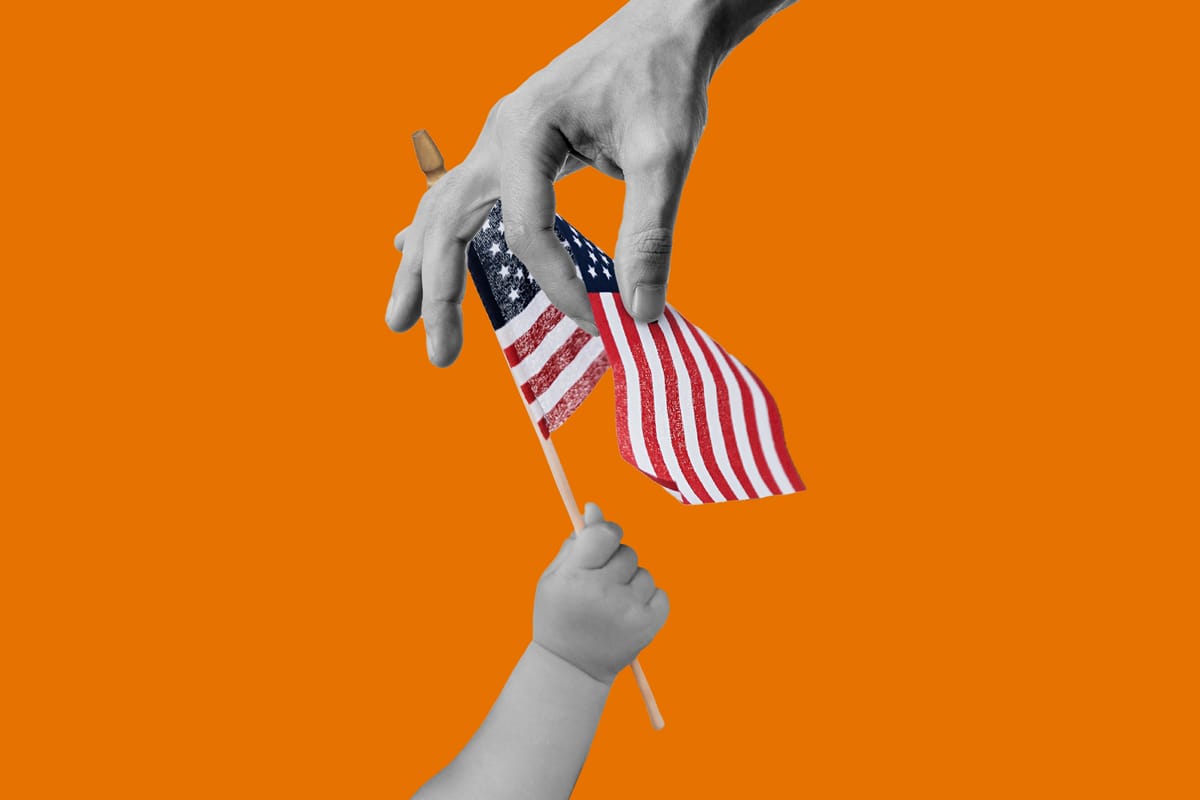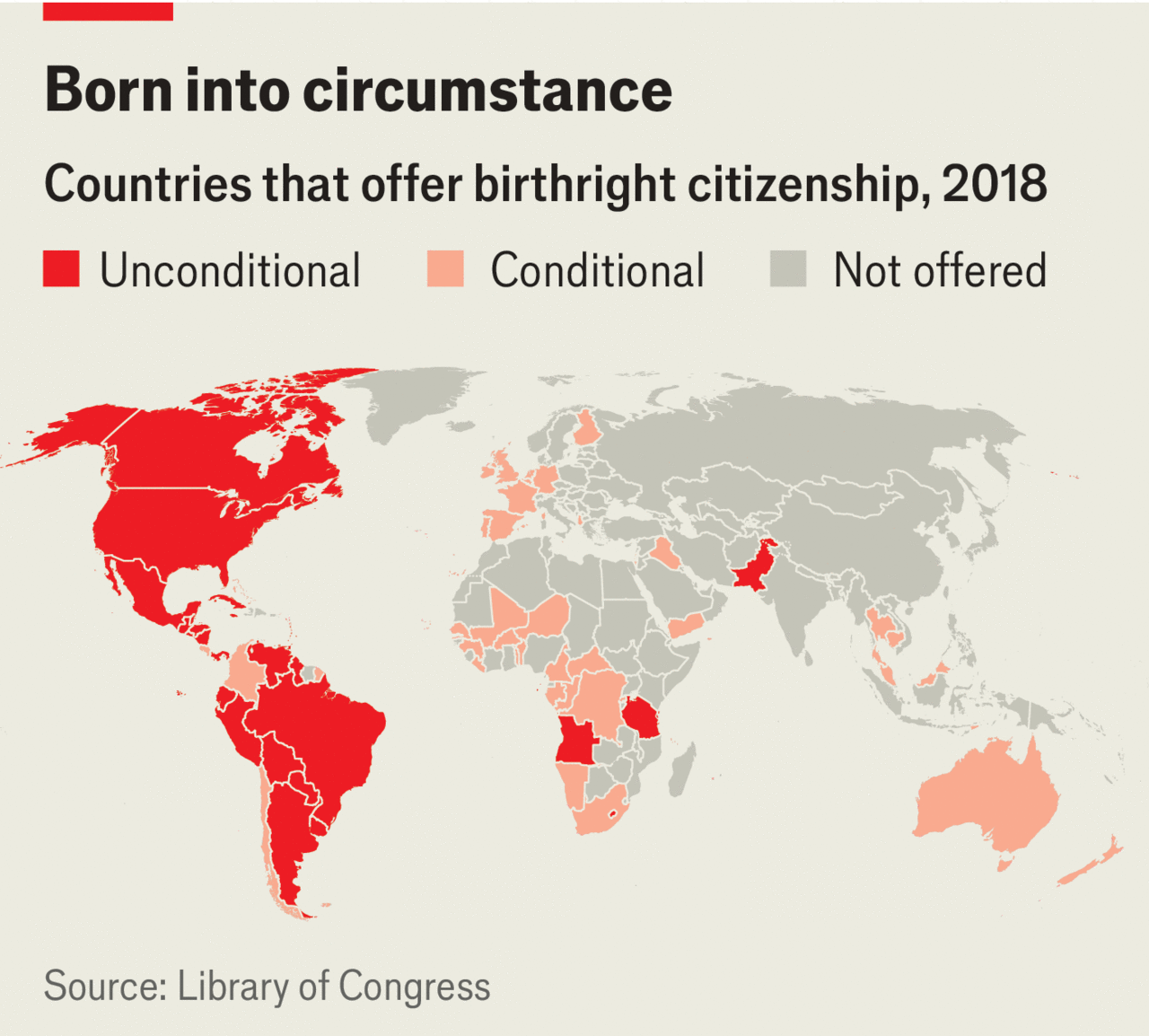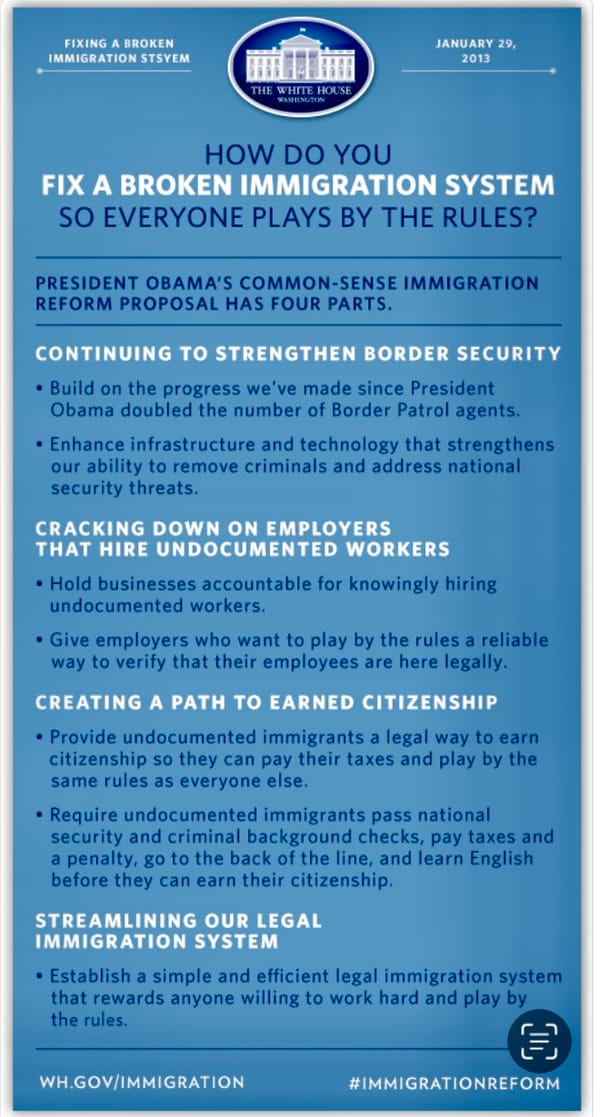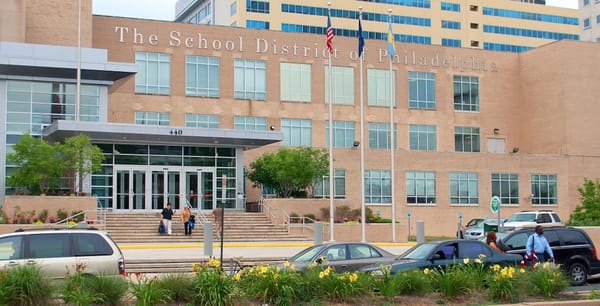Birthright citizenship is a Western Hemisphere idea
The “born in the U.S.A.” phenomenon is called “birth tourism” and it is a growing problem, especially in the Northern Marianas, which is a U.S. territory.

I oppose birthright citizenship, and the U.S. Supreme Court is now hearing a case about the XIV Amendment, which says that “All persons born or naturalized in the United States, and subject to the jurisdiction thereof, are citizens.”
That is the law of the land, and while I disagree with it, I honor it. Moreover, Congress in 1940 passed a statute codifying birthright citizenship for any child born in the U.S.
That doesn’t mean I wouldn’t like to change it.
As currently employed — and challenged by President Donald J. Trump’s executive order — it means that the born-in-America offspring of people here illegally are U.S. citizens.
It also means there are citizens of hostile nations, such as China or Russia, who come here legally when pregnant in order to give birth to children who will have American passports. Think about the security problems that might raise in the future.
The “born in the U.S.A.” phenomenon is called “birth tourism” and it is a growing problem, especially in the Northern Marianas, which is a U.S. territory. The problem was reported more than a decade ago by USA Today, and it’s only gotten worse.
As for Trump, he’s wrong, even when he’s right.
He’s right to want to end it, but he’s wrong in his argument.
In discussing birthright citizenship in a Truth Social post Trump wrote: “The United States of America is the only Country in the World that does this, for what reason, nobody knows.”
As usual, being sloppy with facts harms his own argument.
The U.S. is among some 30 nations that offer unconditional birthright citizenship. They are mostly in the Caribbean, Central and South America.

While no European democracy offers it, our Mexican and Canadian neighbors do. It’s mostly a Western Hemisphere deal.
And when Trump says “for what reason, nobody knows,” he’s wrong again. We do know.
“Birthright citizenship was enshrined in the Constitution after the Civil War to ensure that formerly enslaved people would be citizens,” reports AP, confirmed by most historians. It was written to reverse the Dred Scott decision that American Blacks could never be citizens.
The argument that should be made was that the Founders never intended for it to be used this way, but that is not what they wrote. And if we are going by the text, and that’s what the six conservative Supremes should be doing, Trump (and I) will lose.
But, in the current case before the High Court, the case centers around the authority of a local federal court to issue a ruling that affects the entire country.
After his executive order, reports NPR, “three federal judges, conservative and liberal, have ruled that the Trump executive order is, as one put it, ‘blatantly unconstitutional.’ And three separate appeals courts have refused to unblock those orders while appeals are ongoing.”
So that is what the Supremes are grappling with — the power of a local jurisdiction to make rules for the nation.
It is entirely possible the Supremes can decide that issue, without ruling on birthright citizenship.
The only way to end the right would be to revoke or rewrite the XIV Amendment, which would require a two-thirds vote in the House and the Senate, plus agreement by three-fourths of the states.
The chances of that happening are slim, and none, and slim just left town.



